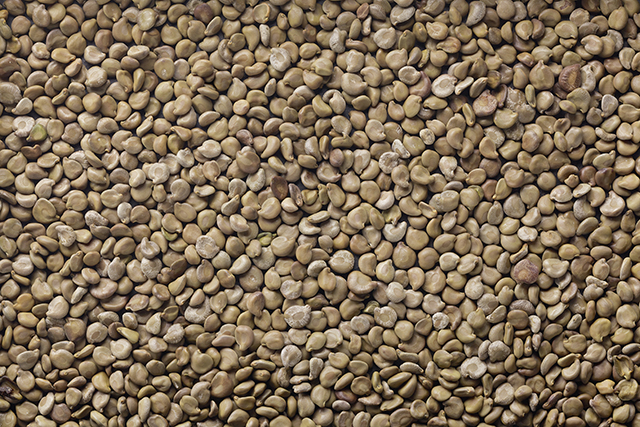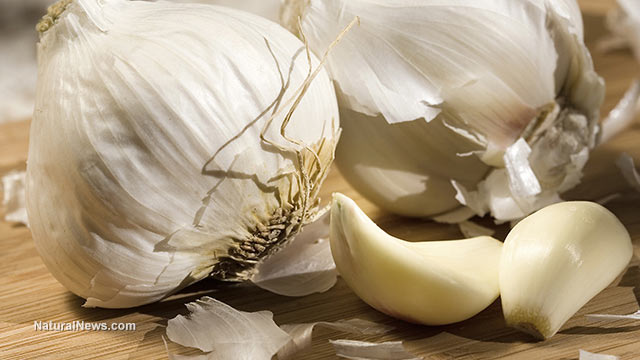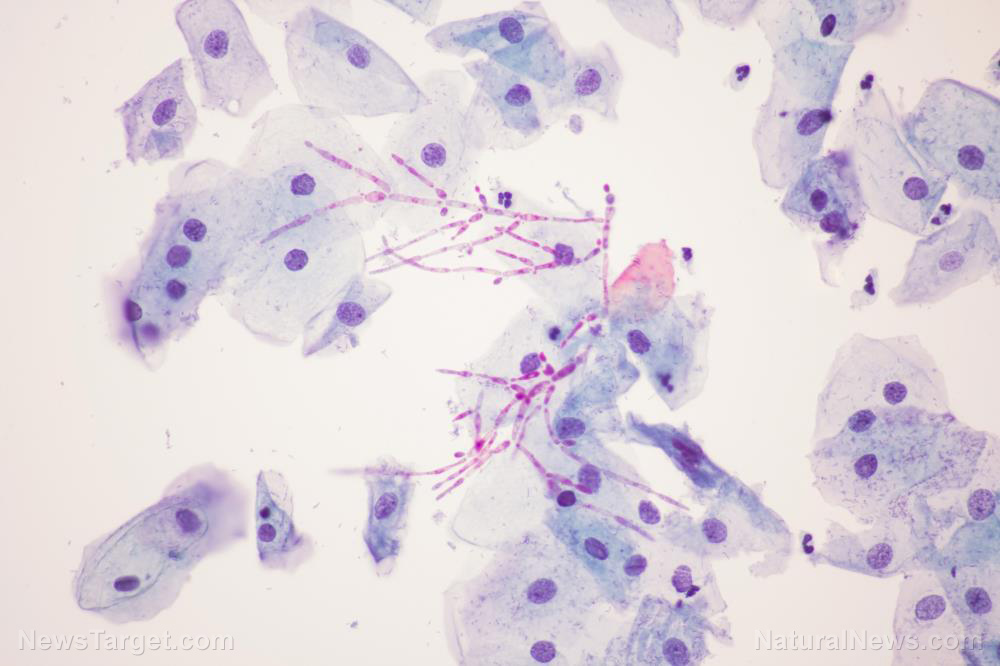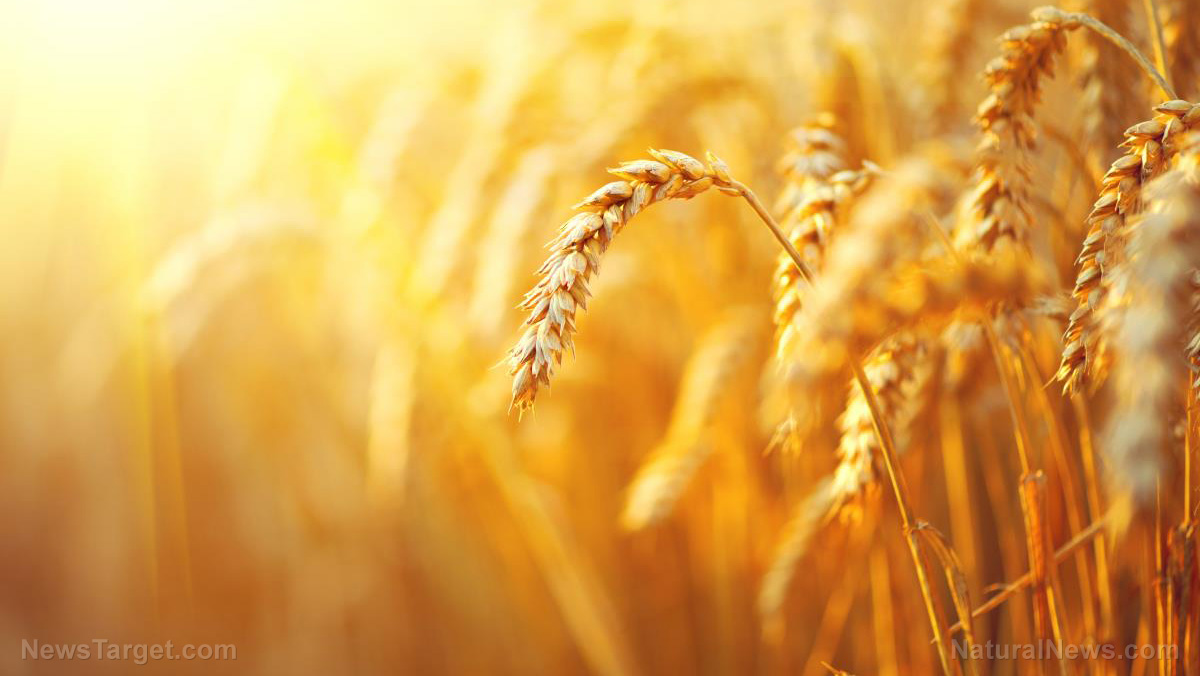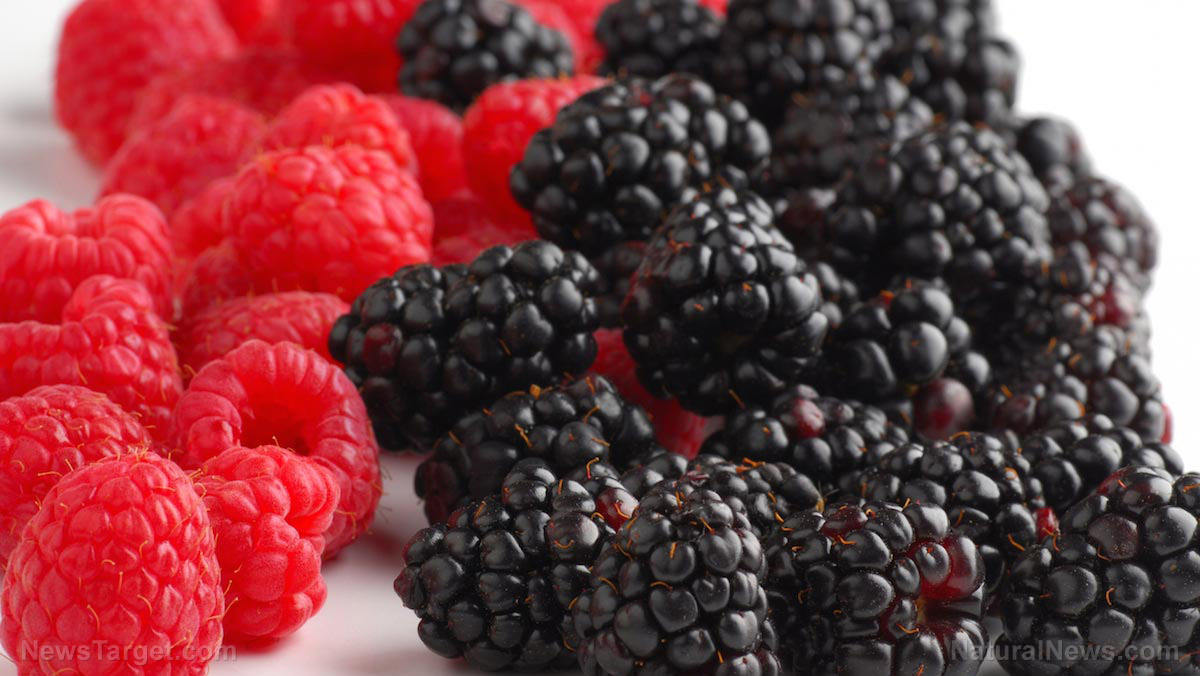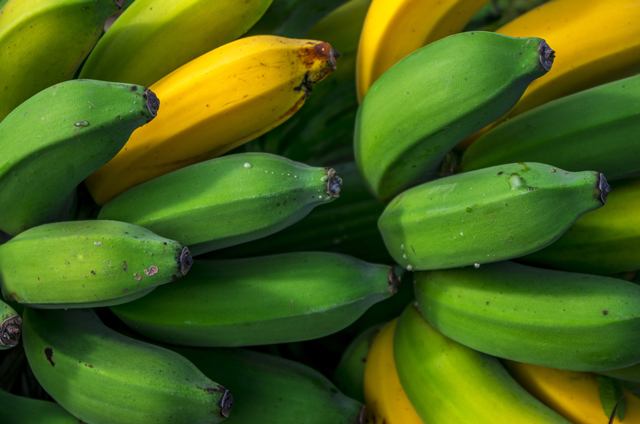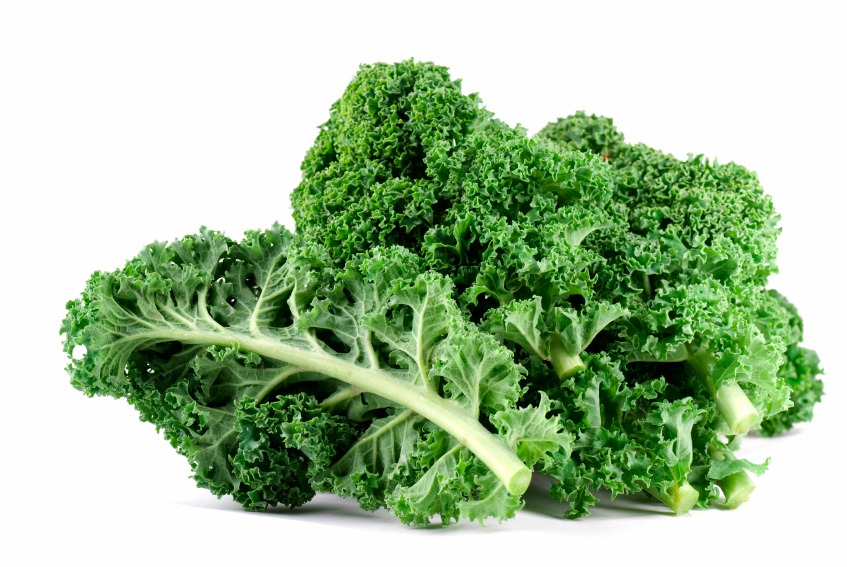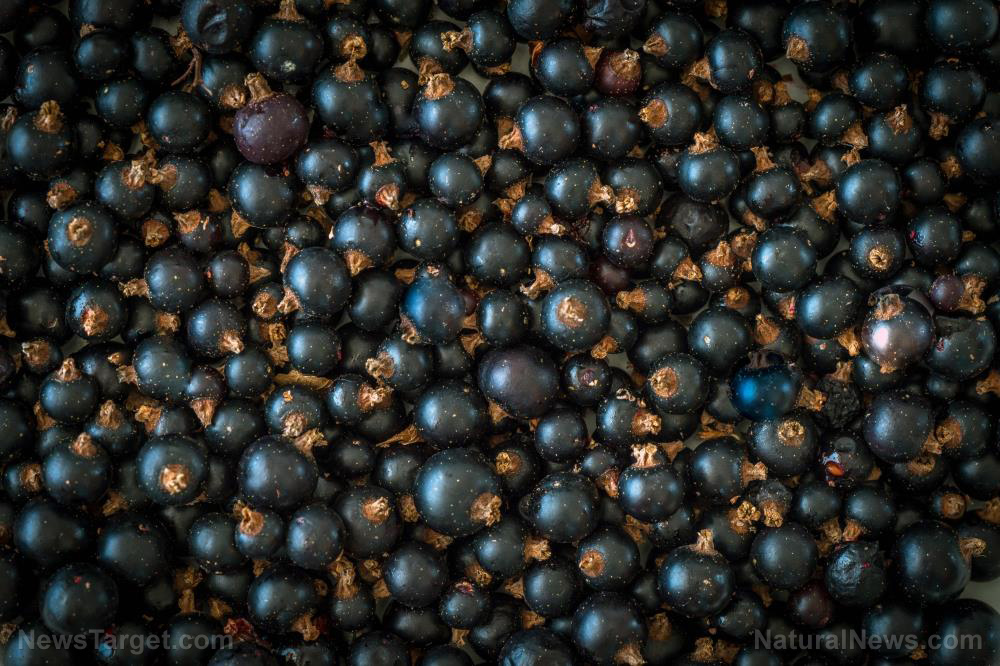7 vitamin D-rich foods to beat the winter blues – watch at Brighteon.com
11/21/2018 / By Ralph Flores

The nights are longer and the days are colder, it can only mean one thing — winter’s almost here.
For a lot of people, winter is a welcome season — think skiing, building a snowman, or just sitting by the fireplace with a hot bowl of soup. However, the change in season could also trigger severe mood disturbances for some people — better known as the “winter blues.”
If you’re just one of many people who dread the sight of snow because of the winter blues, experts say that getting more vitamin D in your diet can significantly improve your conditions this coming winter.
Winter is SAD weather
You won’t find “winter blues” in medicine books: What you’ll see instead is a condition called seasonal affective disorder (SAD), a type of depression that’s associated with changes in seasons. People with SAD usually start experiencing symptoms during the fall — which will continue into winter. These may include:
- Feeling depressed most of the day
- Feeling hopeless, worthless, or guilty
- Losing interest in activities that you linked
- Trouble concentrating
- Having low energy
- Difficulty sleeping
- Changes in appetite and weight
- Increased thoughts of death or suicide
However, it’s not just the winter that brings out SAD. There are some cases of summer-onset SAD, which causes extreme anxiety and weight loss for people affected by it.
Scientists still don’t know what causes SAD; however, some have said that the lack of sunlight during fall and winter may play a big role in the condition. The lack of sunlight, they said, affects the body’s melanin levels — which regulate the body’s internal clock, as well as the neurotransmitter serotonin. A deficiency in serotonin can lead to disorders such as depression, anxiety, and panic attacks, among others. Other studies have also suggested that the lack of sunlight means that the body is unable to meet its daily dose of vitamin D — and that supplementing with it can reverse the condition. In the U.S. alone, over 70 percent are deficient with the vitamin dubbed as the “sunshine vitamin.”
Multiple studies have backed up the claim that vitamin D deficiency can lead to symptoms of depression. In a clinical study in the journal PLOS One, researchers from Switzerland linked low vitamin D levels to cognitive and affective depressive symptoms, as well as anhedonia (the inability to feel pleasure). Another study, meanwhile, stated that SAD could be a phenomenon caused by changing vitamin D levels during winter. (Related: It’s Winter – Do You Know Where Your Vitamin D Is?)
Eat the winter blues away with vitamin D
For people with the winter blues, there’s nothing more satisfying than to eat their favorite comfort food. It’s not worth it, according to nutritionist Dora Walsh. In an article in the Daily Express, she said that the sugar present in most comfort foods could make a person feel worse in the long run.
“This is because a sudden sugar spike in your bloodstream, which will boost your energy for a short while, will then drop, leaving you feeling more tired and irritable than before,” she added. “When it feels like things aren’t going to plan, try reaching for a handful of raw nuts rather than the biscuit tin. By cutting out high sugar foods, and eating a healthy diet, it can help you balance your mood more easily.”
Here are some foods that are packed with vitamin D that can get you out of your funk this winter season.
- Cod liver oil — It contains the highest amount of vitamin D from a natural source: Just a tablespoon of cod liver oil already gives you 1,360 IU, which is already half of the vitamin’s daily value.
- Salmon — It’s best to get wild salmon, as it has around 600 to 1,000 IU of vitamin D.
- Tuna — A 100 g serving of tuna has around 160 IU of the sunshine vitamin.
- Eggs — One egg contains anywhere from 20 to 40 IU of vitamin D.
- Fortified milk — On average, a 100 mL serving of milk has around 40 IU of the vitamin.
- Orange juice — The popular drink contains up to 40 IU per 100 mL — but go for the natural kind.
- Cheese — This dining room staple packs 24 IU per 100 g.
Learn more foods that can help manage depression at Food.news.
Sources include:
Tagged Under: depression, food as medicine, food cures, grocery, ingredients, natural cures, nutrients, seasonal affective disorder, supplements, vitamin D, winter blues



